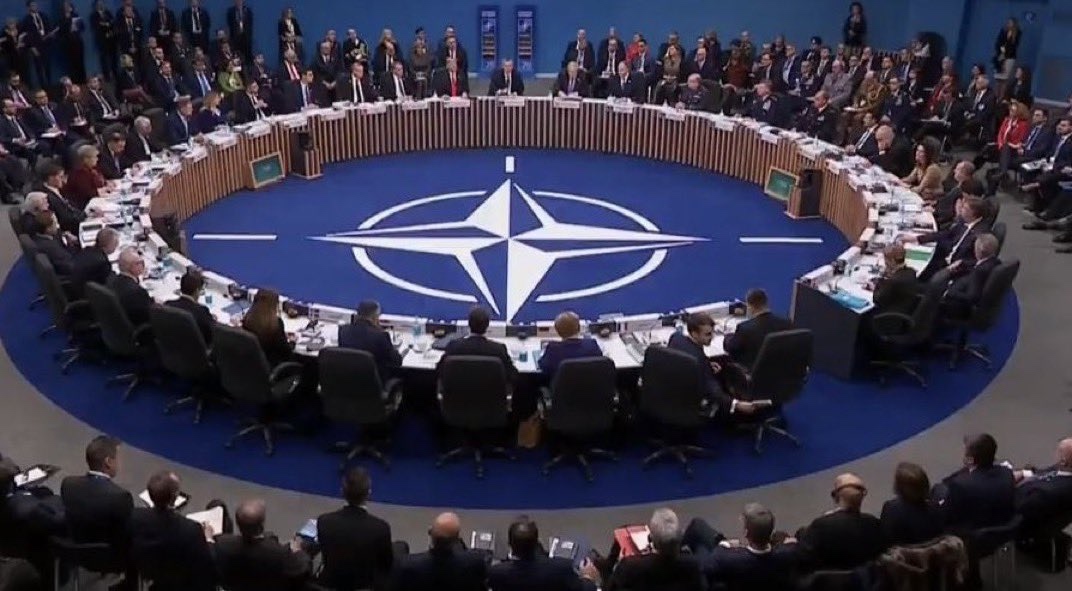


This proposal has sparked a significant debate about the future of NATO, burden-sharing among its members, and the geopolitical implications of such a move.
In June 2025, NATO members agreed to raise their military spending to 5% of GDP, a proposal strongly backed by President Trump, the move being part of a broader effort to ensure that European allies contribute more to their own defence, reducing the burden on the United States.
However, Spanish Prime Minister Pedro Sánchez rejected this target, arguing that it was incompatible with Spain’s welfare state and global outlook. He emphasised that Spain had already increased its defence spending by 70% over the past decade and that its current spending was in line with its defence capabilities and priorities.
In a meeting with Finnish President Alexander Stubb, President Trump criticised Spain’s defence spending, labeling it “notorious.” He urged European leaders to pressure Spain into increasing its commitments to the alliance and questioned its continued membership. Trump’s suggestion to expel Spain from NATO underscores his “America First” foreign policy approach, which prioritises U.S. interests and seeks to hold allies accountable for their defence contributions.
Spain has reaffirmed its commitment to NATO, asserting that it meets its capability targets and that its defence spending is aligned with its strategic priorities. The Spanish government has appealed for calm, emphasising that it is a full member of NATO and contributes to the alliance in ways that go beyond financial metrics.
NATO’s response to this dispute has been cautious. While the alliance has agreed to the 5% defence spending target, it has also acknowledged the need for flexibility in implementation, allowing member states to adjust their contributions based on national circumstances. This approach reflects the challenge of balancing collective defence goals with the diverse political and economic realities of NATO’s 32 member countries.
Expelling Spain from NATO would have significant geopolitical and strategic consequences. Spain has been a member of the alliance since 1982 and plays a crucial role in European security, particularly in the Mediterranean region. Its strategic location provides NATO with critical access to maritime routes and serves as a counterbalance to potential threats from the south. Removing Spain could weaken NATO’s southern flank and diminish its overall strategic coherence.
Moreover, such a move could set a precedent for other member states to challenge NATO’s defence spending targets, leading to fragmentation within the alliance. It could also strain transatlantic relations, particularly between the United States and European allies, undermining the unity that has been a cornerstone of NATO’s strength since its inception.
This dispute over defence spending is part of a larger debate within NATO about burden-sharing and the future of the alliance. The 2022 Russian invasion of Ukraine has underscored the importance of collective defence, prompting calls for increased military spending among NATO members. However, the varying economic capacities and political priorities of member states have made it challenging to reach consensus on defence contributions.
President Trump’s criticism of Spain’s defence spending also reflects his broader foreign policy approach, which emphasises transactional relationships and demands that allies contribute more to shared security goals. While this approach has resonated with some segments of the American electorate, it has also raised concerns about the long-term sustainability of NATO and the potential erosion of multilateral cooperation.
The suggestion to expel Spain from NATO highlights the ongoing tensions within the alliance over defence spending and burden-sharing. While Spain’s refusal to meet the 5% defence spending target may be seen as a challenge to NATO’s collective goals, expelling a member state could have far-reaching consequences for the alliance’s cohesion and effectiveness. As NATO navigates these challenges, it will need to balance the demands for increased defence contributions with the diverse political and economic realities of its member states to maintain its unity and strategic relevance in an increasingly complex global security environment.
You must be logged in to post a comment.
Alona Lebedieva: Delays in implementing reforms could undermine Ukraine’s financial stability